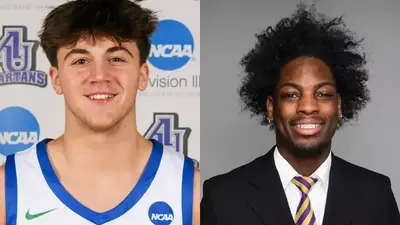Rep. Norine Hammond (R-Macomb)
Rep. Norine Hammond (R-Macomb)
Opening up the Illinois Mathematics and Science Academy (IMSA) to out-of-state residents has some GOP lawmakers concerned.
SB 2939, which sponsored by Rep. Linda Chapa LaVia (D-Aurora), would allow students from outside the state who have completed the academic equivalent of eighth grade to become eligible to receive tuition and room and board at IMSA, which is funded by state appropriations, private contributions and endowments.
The bill would radically alter an institution that holds immense Illinois pride, according to Rep. Peter Breen (R-Lombard), who said during the May 30 House floor debate that the plan to build a new residence hall to house more out-of-state students at $50,000 annually is not what the academy was intended to do.
“I thought the whole point of IMSA was for students who just couldn’t get the resources locally,” Breen said.
Like Breen, Rep. Steve Andersson (R-Geneva) questioned the sponsor about out-of-state enrollment, asking if the expansion would be bumping local students for non-residential learners.
“We are not subtracting students that we are required to take in,” LaVia said.
Adding a larger residential hall and expanding enrollment is great way to think outside-of-the-box, according to Rep. Norine Hammond (R-Macomb), who thanked both the sponsor and IMSA President Jose Torres, who is attempting to keep the academy from being so heavily reliant on state funding.
“And in addition to that that, it is bringing some of the best and brightest from throughout the United States into the state of Illinois, who will hopefully stay here,” Hammond said.
However, Reps. Margo McDermed (R-Mokena) and Jeanne Ives (R-Wheaton) saw the expansion differently. They are both more concerned about in-state residents than out-of-state learners. Going right to the bill, McDermed noted her apprehension about the expansion of the academy and that her daughter is an IMSA alumnus.
“In fact, each class of Illinois students will be reduced,” McDermed said. “Instead of 260 Illinois students per class, there will only be 162 Illinois students per class.”
The numbers greatly increase admission competition, according to McDermed, who said IMSA alumni have said that the academy is as stressful as college. Additionally, the new college-like living habits are unacceptable to McDermed, who asked lawmakers if they really want 13-year-old students living among 17-year-old students.
“What does that do to the community that IMSA creates in each dorm?” she asked. “Alums are really concerned about the experience [that] young people are going to have there.”
LaVia’s bill is nothing more than selling admission to Illinois’s highest-quality public high school, according to Ives, who began by pointing to the waiting list to attend the academy.
“This is an Illinois taxpayer-supported institution regardless of how you want to sell admission,” Ives said, adding that this is not a way to fund a new building project.
The academy, students and faculty are impressive, and that’s why Illinois residents should be the first and only people to attend, she added. Additionally, Ives said she is offended that they are considering opening the school to out-of-state residents.
“Before you know it, we will have international students who will receive preferential treatment,” Ives said.
Despite the GOP's concerns, SB 2939 passed 80-32 and will be sent to the governor for consideration.






 Alerts Sign-up
Alerts Sign-up